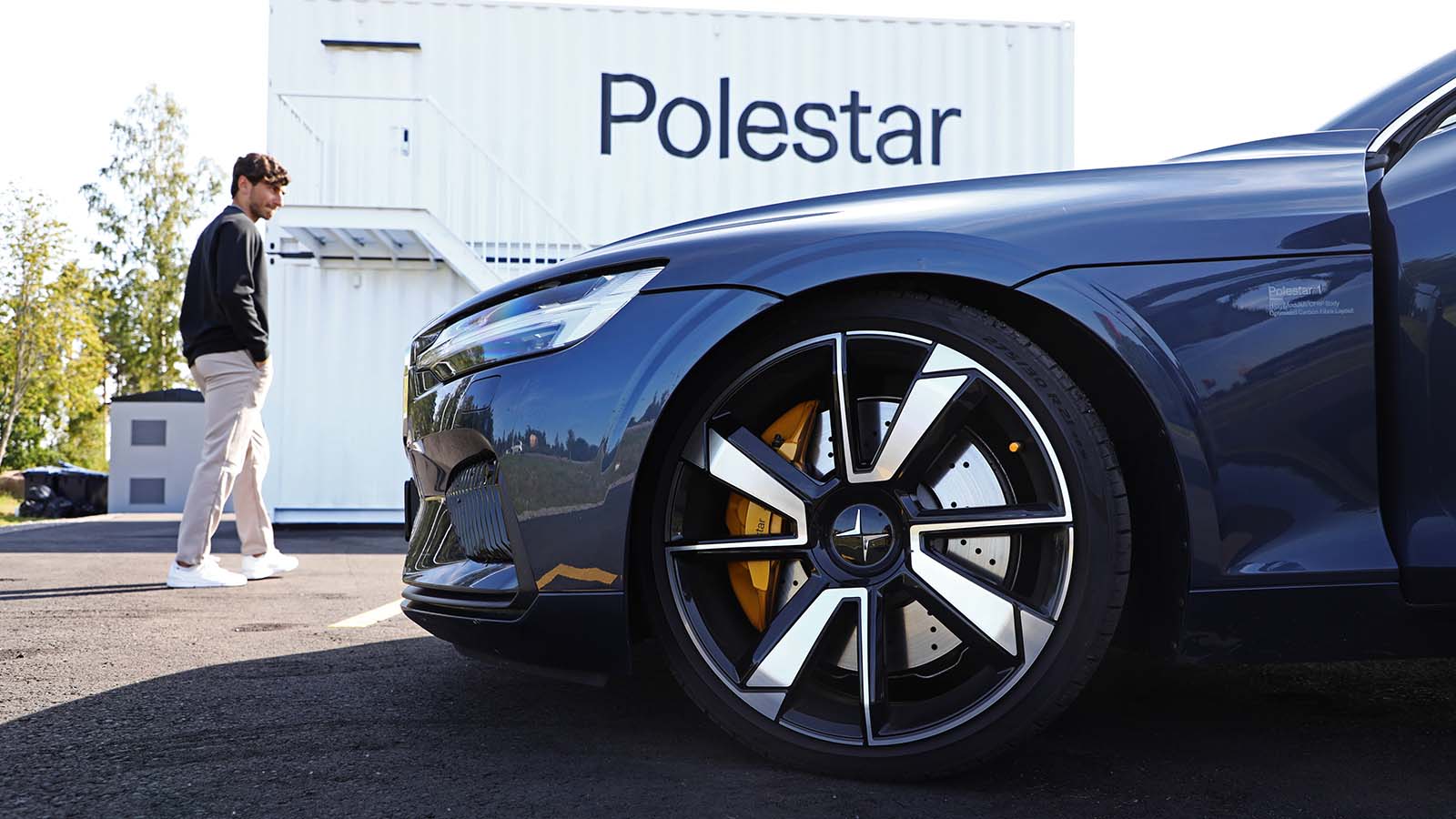As someone who extensively covered cryptocurrencies during the past year, one of the concerns I had was oversaturation. Namely, it’s difficult to establish the applicability of one blockchain over another. I feel the same way about Gores Guggenheim (NASDAQ:GGPI). While the underlying electric vehicle manufacturer Polestar may look good for GGPI stock on paper, the reality could be different.

Of course, there are far fewer EV makers than there are cryptocurrencies. And while the true potential of blockchain technology is debatable (since governments are not about to give up control of their centralized fiat monetary systems), the need for clean transportation is readily apparent. It’s so much so that even China — the world’s worst polluter by a country mile — happens to simultaneously be a leader in carbon neutrality initiatives.
EVs will play a huge role in the world’s second-biggest economy and the No. 1 automotive market, and the rest of the world as well. Politically, socially and environmentally, more people are on board with the electric transition, which naturally should boost GGPI stock.
Still, one of the hallmarks of EV production is relative ease of manufacturing. With fewer moving parts, it’s been easier for upstarts to disrupt the traditional combustion-based auto industry. And speaking of China, it originally tried to disrupt the combustion car market but failed due to reliability issues. Now, with fewer parts to worry about, the Chinese have become viable competitors.
On one hand, this favors GGPI stock. Anyone with vision, discipline and capital can enter the fray and shake things up. Arguably, Polestar has the former two attributes (and then some), while its planned merger with special purpose acquisition company Gores Guggenheim helps with the latter.
On the other hand, too much competition can be confusing for consumers, leading to my main argument for the day.
Polestar’s Pricing Is a Problem
Leading off for the EV maker is the Polestar 2, a four-door sedan that seems to fire on all cylinders. I’m personally not enthralled with the aesthetics. It seems rather boxy and boring, almost as if someone kidnapped a Toyota (NYSE:TM) designer. Yet, it’s different. And maybe that’s enough to help distinguish it from the almost ubiquitous Tesla (NASDAQ:TSLA) models.
Beyond subjective elements, the Polestar 2 is very practical. It has decent range and should be very safe if its Scandinavian production heritage is to be taken into account. Further, with a price of $38,400, this latest EV competitor should be very appealing.
However, there’s a catch. That $38,400 price is after a buyer applies the maximum federal tax credit of $7,500. And not everyone will fully qualify for the credit.
Now, this isn’t tax advice and you must consult a certified financial advisor to understand your particular situation. But, as a general rule of thumb, credits are not cash rebates that you receive after purchasing the EV. Instead, credits offset tax liabilities that you may owe. So, if you don’t owe any tax, you’re not going to receive any benefit.
Obviously, most people owe some kind of tax so the federal tax credit will have some benefits. But it’s on a gradation. Basically, as a story from Grist points out, the richer you are, the more you can potentially save. If you don’t make that much, you’re not going to save much.
This is an oversimplification, but the broader point remains. If your tax situation is not complicated due to lower income levels or limited asset holdings, the tax credit is somewhat deceptive for the consumers that really need it.
On the other end of the spectrum, we have the Polestar 1. This grand tourer is more my style of vehicle. But with a price tag of $155,000, I’d have a hard time justifying the purchase. Honestly, for that kind of money, I’d want my car to really stand out. This just doesn’t do it for me.
The Bottom Line on GGPI Stock
Certainly, I can appreciate Polestar’s ambition. But overall, the company seems to lack distinguishment. Therefore, either the design or the pricing has to change, which is a rough situation.
Given this circumstance, I’ll be waiting on the sidelines regarding GGPI stock.
On the date of publication, Josh Enomoto did not have (either directly or indirectly) any positions in the securities mentioned in this article. The opinions expressed in this article are those of the writer, subject to the InvestorPlace.com Publishing Guidelines.
A former senior business analyst for Sony Electronics, Josh Enomoto has helped broker major contracts with Fortune Global 500 companies. Over the past several years, he has delivered unique, critical insights for the investment markets, as well as various other industries including legal, construction management, and healthcare.
